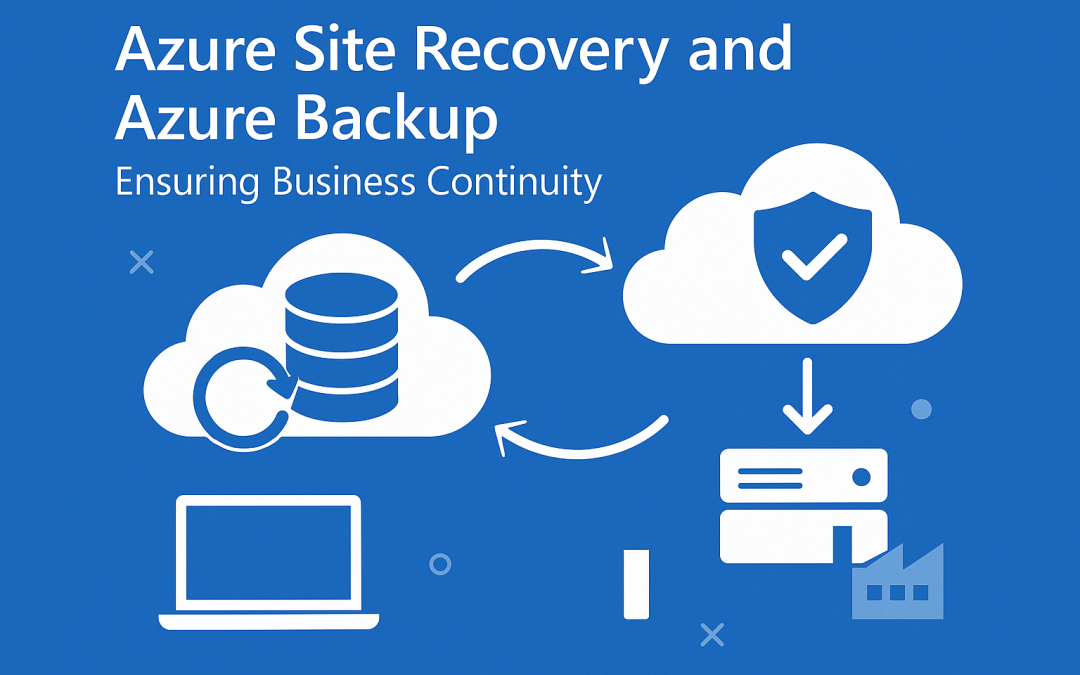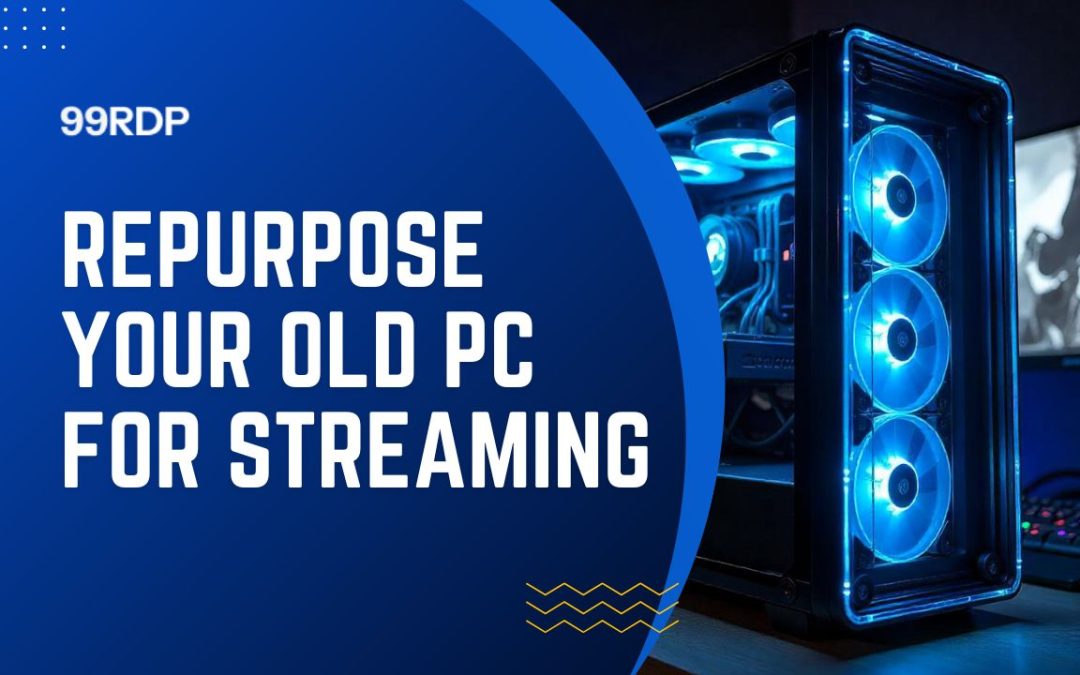In today’s tutorial, we will learn “How to Install FFmpeg on macOS manually”. FFmpeg is a free and open-source software project consisting of a suite of libraries and programs for handling video, audio, and other multimedia files and streams. At its core is the command-line FFmpeg tool itself, designed for processing video and audio files.
Download FFmpeg
Go to the official FFmpeg Site – https://ffmpeg.org/download.html.
Click the Apple logo in the “Get packages & executable files” section.
Click the “Static builds for macOS 64-bit” Link.
There are two options for downloading FFmpeg. Choose the one with the shorter filename.
Example –
ffmpeg-<versionNumber>.7z, where<versionNumber>is something like5.0.1.Now click the “Download as ZIP” Link.
Extract FFmpeg
To do this, let’s open your Downloads folder.
Double-click
ffmpeg-<versionNumber>.zipThis will extract it using the Archive Utility and create an executable
ffmpegfile in Downloads Folder.
Move FFmpeg to the right location.
Open your home folder.
Use the keyboard shortcut
command + shift + HIt will open the home folder.Create a new folder called
FFmpegin your home folder.Create a new folder called
bininFFmpeg.Move the
FFmpegfilesDownloadsinto thisbinfolder.
Authorize / Install FFmpeg
Double-click the file called
ffmpeg.You should see an error message “FFmpeg can’t be opened because it is from an unidentified developer”. Click “OK”.
Go to System Preferences > Security and Privacy and click on the General tab.
At the bottom of the window, you will see a message saying that FFmpeg was blocked. Click “Open Anyway”.
If you do not see this message in the General tab, double-click
ffmpegagain.You may have to click the “unlock” button and enter your password to be able to click “Open Anyway”.
If you see another popup that says “FFmpeg is from an unidentified developer. Are you sure you want to open it?”, click “Open”. If you don’t get this popup, just go to the same file and double-click it again.
When you double-click the file, a Terminal window may open. Keep the terminal open until you see a message confirming you can close it.
Installing process is finished



